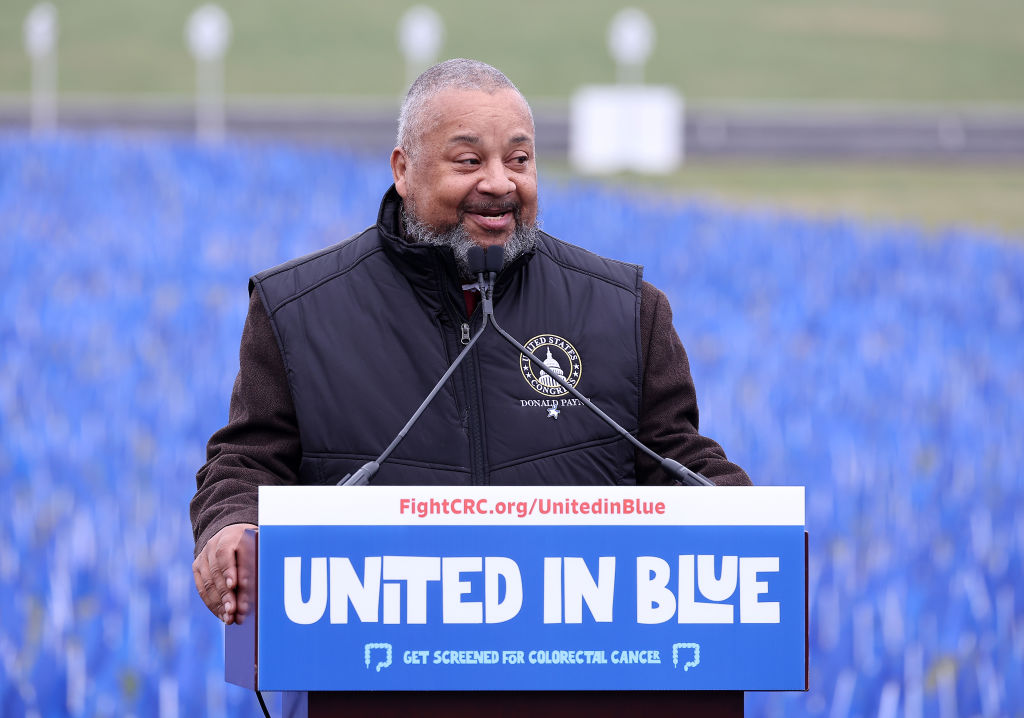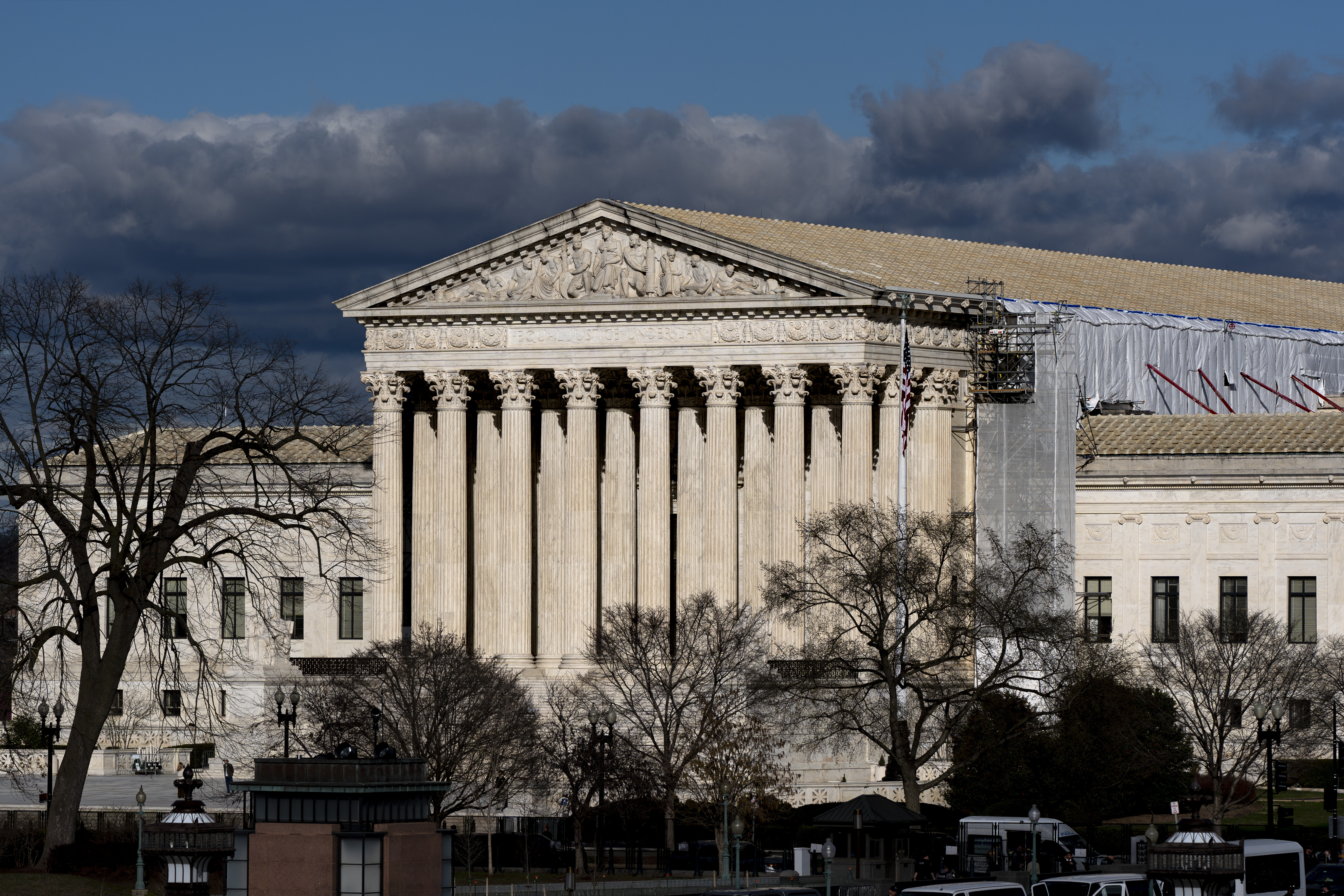A federal appeals court has upheld an estimated $1 billion plan by the NFL to settle thousands of concussion lawsuits filed by former players, including Chargers great Junior Seau and former Philadelphia Eagle Kevin Turner.
The decision released Monday comes nearly a year after a district judge approved the revised settlement and weeks after an NFL official speaking to Congress acknowledged for the first time a link between football and chronic traumatic encephalopathy, the brain decay found in dozens of former players after their deaths.
Seau was one such player. His suicide, three years after he retired, shocked the football world as well as his hometown of San Diego. He was diagnosed posthumously with CTE.
Turner, lead plaintiff in the suit, died last month at age 46 after a lengthy battle with Lou Gehrig's disease. A foundation created in his name seeks to raise awareness of sports-related traumatic brain injuries.
"This settlement will provide significant and immediate relief to retired players living with the lasting scars of a NFL career, including those suffering from some of the symptoms associated with CTE," Judge Thomas L. Ambro wrote, noting the NFL's recent admission to Congress of a "certain" link between football and CTE.
The league has been dogged for years by complaints that it hid the risks of repeated concussions in order to return players to the field. The deal means the NFL may never have to disclose what it knew when about the risks and treatment of concussions.
Players' lawyers who negotiated the deal say the settlement will help families get needed financial awards or medical testing that might take years if the case went to trial, a point the appeals court accepted.
U.S. & World
News from around the country and around the globe
The settlement would resolve thousands of lawsuits and cover more than 20,000 NFL retirees for the next 65 years. The league estimates that 6,000 former players, or nearly three in 10, could develop Alzheimer's disease or moderate dementia.
Those challenging the deal complained it does not cover mood and behavioral disorders that some researchers link to CTE. Ambro said that would be an "uphill battle" to prove, but said the agreement calls for reviews "in good faith" by the parties every 10 years to consider new scientific findings.
"This result was reasonable. Mood and behavioral symptoms are common in the general population and have multifactor causation and many other risk factors. Retired players tend to have many of these risk factors, such as sleep apnea, a history of drug and alcohol abuse, a high BMI, chronic pain, and major lifestyle changes," he wrote.
Senior U.S. District Judge Anita Brody approved the deal after twice sending it back to lawyers over concerns the fund might run out. The total NFL payouts over 65 years, including interest and $112 million sought for lawyer fees, is expected to be more than $1 billion.
The settlement grants up to $4 million for prior deaths involving CTE, but it set an April 2015 cutoff date to avoid incentivizing suicides.
Critics appealing the settlement had argued that any deal include future payments for CTE. The appellate judges acknowledged those points in the 69-page ruling but found the settlement was for the greater good of all players.



